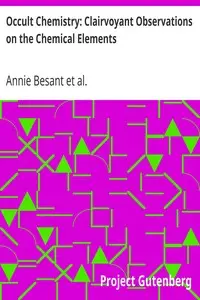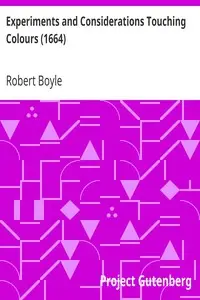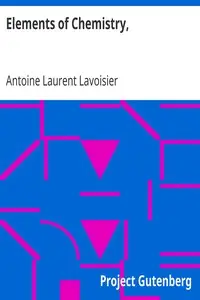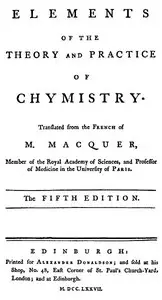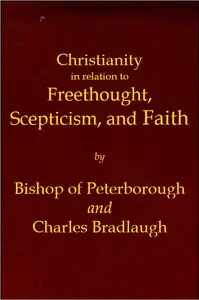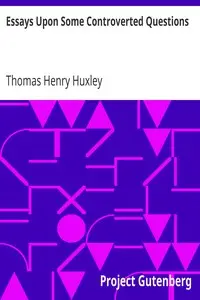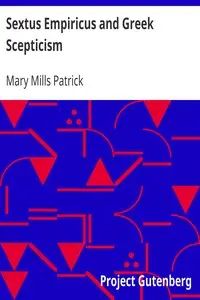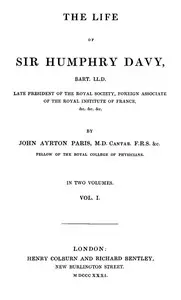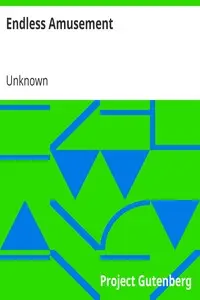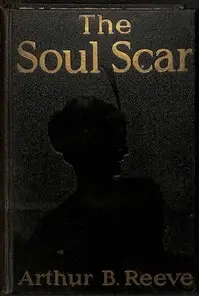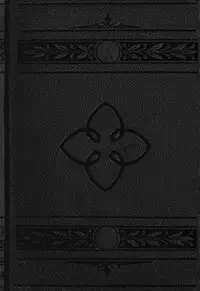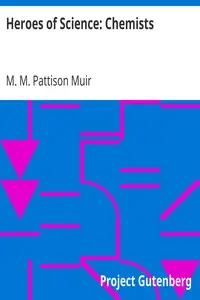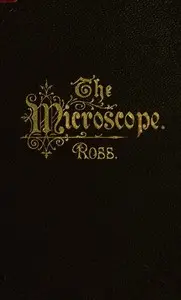"The Sceptical Chymist" by Robert Boyle is a 17th-century scientific book that challenges the basic ideas of chemistry at that time, particularly those held by alchemists and followers of Aristotle. The book looks closely at what elements are made of, pointing out the weaknesses in the popular chemical beliefs of the time. Boyle starts by establishing the groundwork for a discussion, introducing a character named Carneades, who represents a skeptical attitude toward accepted ideas. The book explores the composition of matter, questioning the elemental theories put forth by alchemists and Aristotelian thinkers. Boyle promotes using experiments and evidence to form conclusions, rather than simply trusting old doctrines. He uses a friendly conversation style to explore doubts about traditional chemical ideas, aiming to improve the understanding of the basic building blocks of materials.
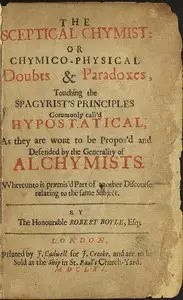
The Sceptical Chymist or Chymico-Physical Doubts & Paradoxes, Touching the Spagyrist's Principles Commonly call'd Hypostatical; As they are wont to be Propos'd and Defended by the Generality of Alchymists. Whereunto is præmis'd Part of another Discourse relating to the same Subject.
By Robert Boyle
Venture into a philosophical debate about the very building blocks of the world, where skepticism and experimental evidence clash with long-held beliefs.
Summary
About the AuthorRobert Boyle was an Anglo-Irish natural philosopher, chemist, physicist, alchemist and inventor. Boyle is largely regarded today as the first modern chemist, and therefore one of the founders of modern chemistry, and one of the pioneers of modern experimental scientific method. He is best known for Boyle's law, which describes the inversely proportional relationship between the absolute pressure and volume of a gas, if the temperature is kept constant within a closed system. Among his works, The Sceptical Chymist is seen as a cornerstone book in the field of chemistry. He was a devout and pious Anglican and is noted for his writings in theology.
Robert Boyle was an Anglo-Irish natural philosopher, chemist, physicist, alchemist and inventor. Boyle is largely regarded today as the first modern chemist, and therefore one of the founders of modern chemistry, and one of the pioneers of modern experimental scientific method. He is best known for Boyle's law, which describes the inversely proportional relationship between the absolute pressure and volume of a gas, if the temperature is kept constant within a closed system. Among his works, The Sceptical Chymist is seen as a cornerstone book in the field of chemistry. He was a devout and pious Anglican and is noted for his writings in theology.

